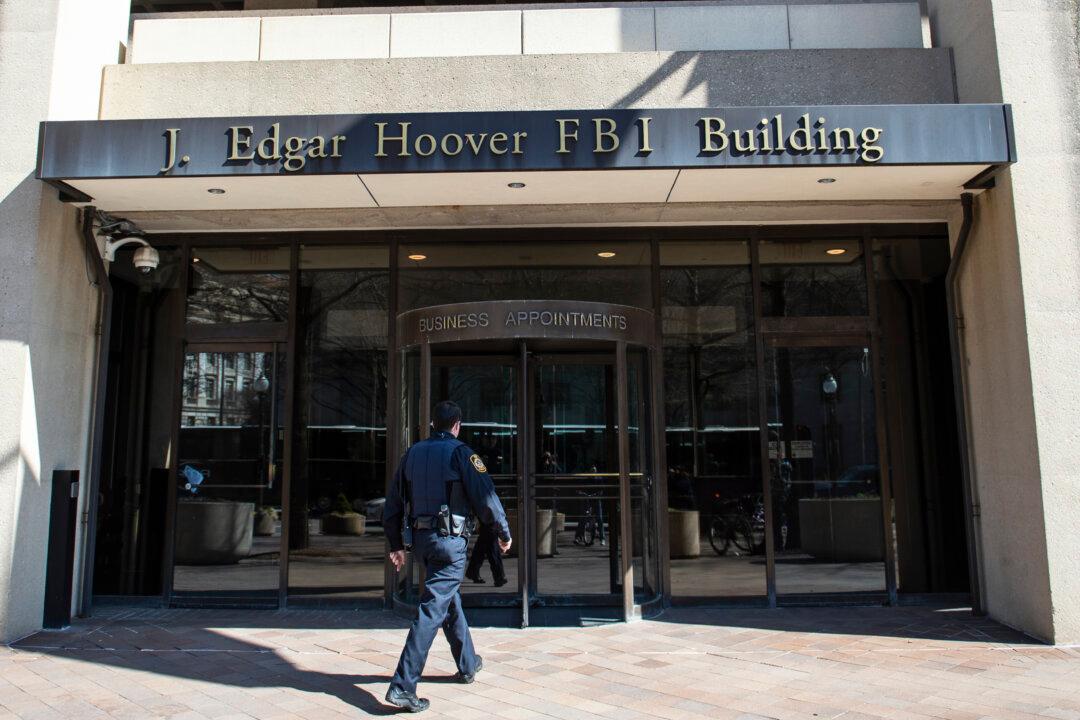News Analysis
In its efforts to counter the threat of an increasingly belligerent Beijing regime, the United States has been pulling out all the stops. A slew of extensive measures in recent months to oppose the Chinese Communist Party’s growing hostility signify a sea change in Washington’s China policy.





